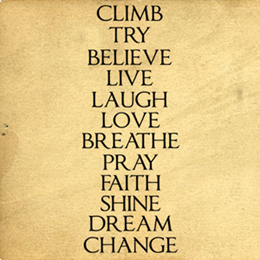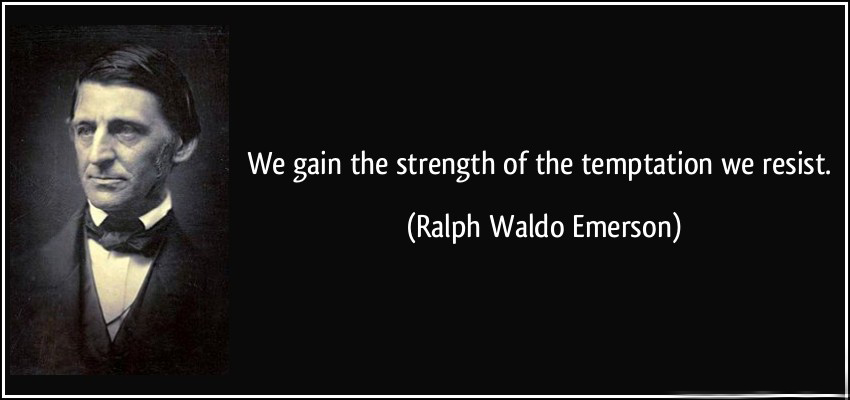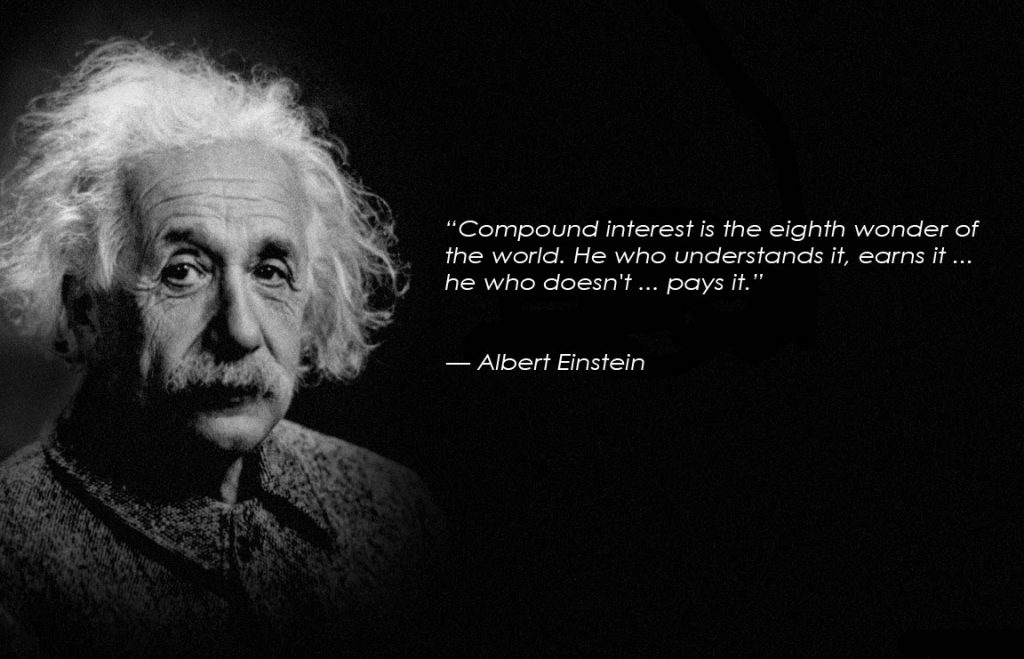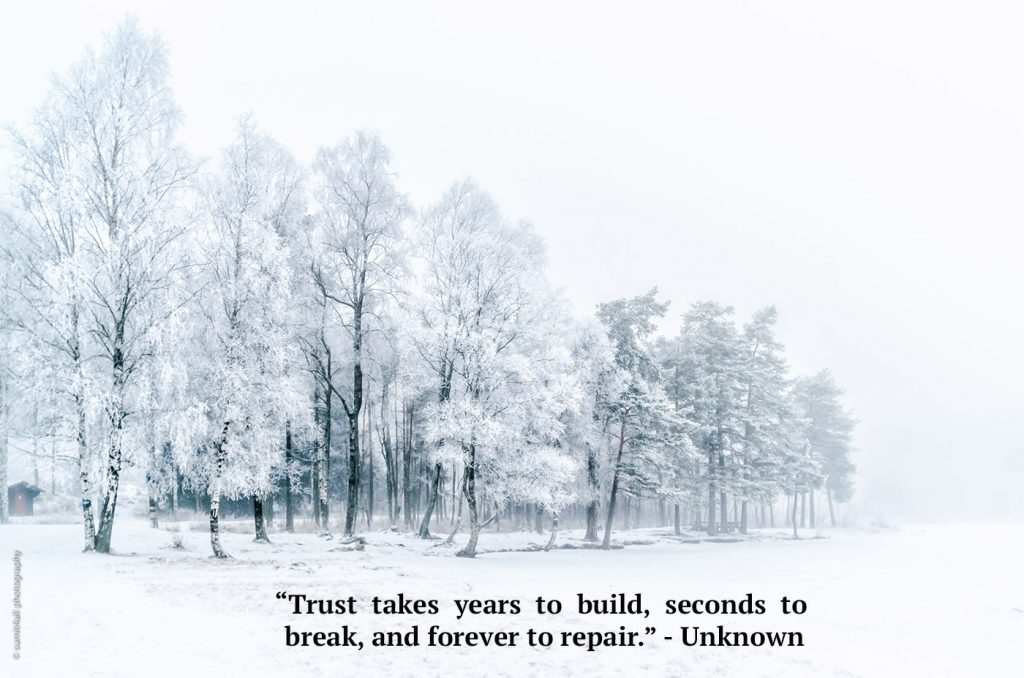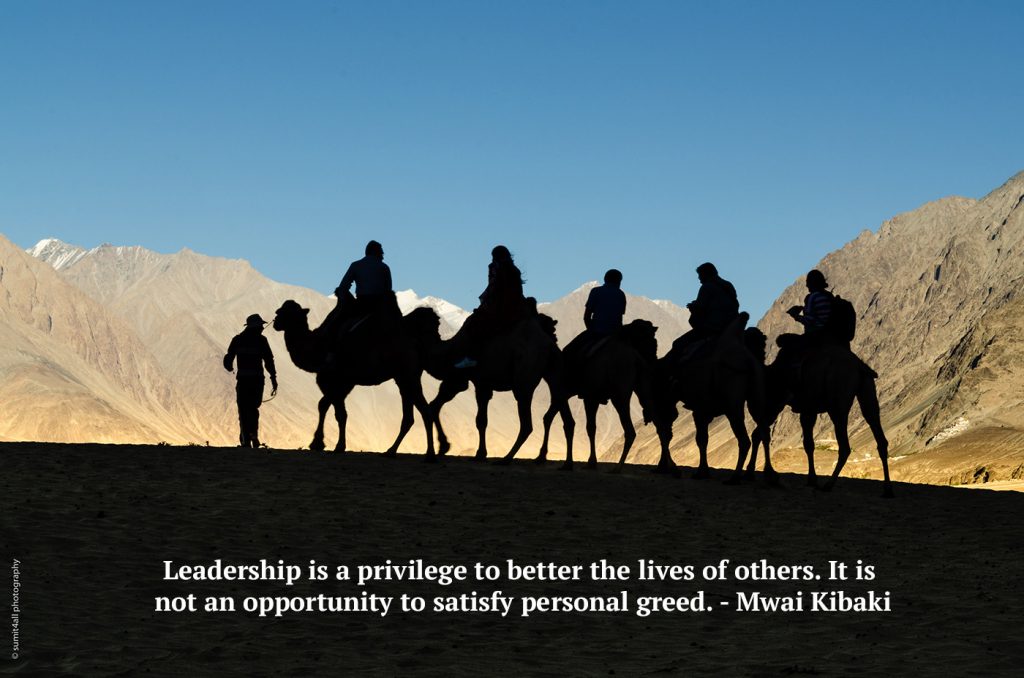Recently I was talking to a friend of mine, who has been a state level Taekwondo Champion for the state of California. She was telling me about her strenuous training program which she used to follow when she was training. Among other things, the one thing which she told me was that she was not allowed to use the word “tired” even if the trainer asked her to do 300 push ups. She said “tired” was the word which they could use only after they turned 80.
The Role of Language in Shaping Our World
Language plays a very important role in how we feel and go about our daily lives. The way we use language can determine the results we produce in the near and distant future. Researchers at Stanford University have proved that the way we use language shape how we see the world.
It is often said that what you say is what you get. Saying that you are tired will actually make you feel tired and you will have all the symptoms to prove that. But we don’t realize that it was our word which caused it in the first place.
So when someone asks you “How are you doing?” and you reply with, “I am tired” or “You know how Mondays’ are.“, we are actually contributing towards the impending tiredness or exhaustion by saying these words. The same goes for all the negative thoughts that come into our mind and out of our mouth, like “I don’t have enough money“, “I am not lucky” and so on.
Words can Take Power away, or they can Give Power
Whenever we say something, we increase our belief in it. We give power to outside situations, individuals and circumstances which is always disempowering. Athletes, like my friend in the example above, are not allowed to use such language because the trainers are aware of this fact.
On the other hand, when somebody asks you, “How are you doing?” and you reply, “I am doing great!!“, you will actually feel a smile on your face and some adrenaline rushing through your body. It is impossible to say “I am doing great“ without actually feeling good.
If you are stretching your limits while doing a task, instead of saying “I am tired“, next time try saying, “Let me check my physical limits.“, and you will gain the strength to go that extra mile and achieve the impossible.
Do you see a connection between what you have been saying and how your life is turning out?
One of the quickest ways to improve your way of being is to change the words you use, to others and to yourself. When I say words, it includes the spoken words and the unspoken thoughts too.
Just by changing the words we use, we can release a lot of tension and create joy. So the next time you speak, be aware of the words that come out of your mouth. Be aware how others’ negative words make you speak out negative words too, and vice versa. Try to catch yourself when in a negative emotion and speak powerful words instead.
Speak words which profit others, depicts hope, courage and inspiration and which create positive images. Then notice the difference in how your surroundings and people react.
Some of the danger words which we should cut from our vocabulary are –
- Should / Could – These words, spoken for ourselves or for others, implies judgement and makes people defensive and tense.
- Try / Maybe – These words leave ambiguity and leaves an option for you or another to escape commitment in case things get difficult.
- Always / Never / Nobody / Everybody – These words generalise opinions which are rarely the case and can cause people to react unexpectedly.
- Bad / Disastrous / Terrible – These words spread panic and can lead to more mistakes, stress and confusion.
- Nothing is gonna change / That’s how it is done here – Using such phrases creates a culture of resentment and cynicism which ends up killing all enthusiasm and creativity in people.
Instead, you can use powerful words and make them work for you :-
- Declare a Commitment.
- I commit to exercising 3o minutes daily.
- Let us commit together to make this company the best place to work for.
- Make a Promise
- I promise to finish this report in two days.
- I promise to never drink and drive again.
- Make a Specific Request
- Can you finish this report before Friday or not?
- If you like it, can you share this article on facebook today?
- Offer Support
- Is there anything I can do to help you with this task?
- I am just a phone call away, if you need me.
- Offer Hope
- You will make it through it. You are stronger than you think.
- Believe in yourself, not the critics. I know you will prove them wrong.
Watch your thoughts, for they become words. Watch your words, for they become actions. Watch your actions, for they become habits. Watch your habits, for they become character. Watch your character, for it becomes your destiny. – Lao Tzu
So the next time, instead of saying –
- “I can’t exercise more, I am tired.”, say, “I am not tired, let me do one more round.”
- “I can’t work outside because I have asthma”, say, “I will work to prove I am bigger than my asthma”
- “I can’t do this because I don’t have enough money”, say, “How can I earn enough money to start doing this?”
- “I am not feeling good, it is going to be a bad day”, say, “Today is going to be a great day and I am raring to go”
- “My life sucks”, say, “Today is a new day. Let’s make the most of it!!”
Do this and you will see that your days will get brighter and dreams will turn into reality. Break the pattern of using words which suck power out of you, and instead form a new habit of using words which give power to you and the people around you.


